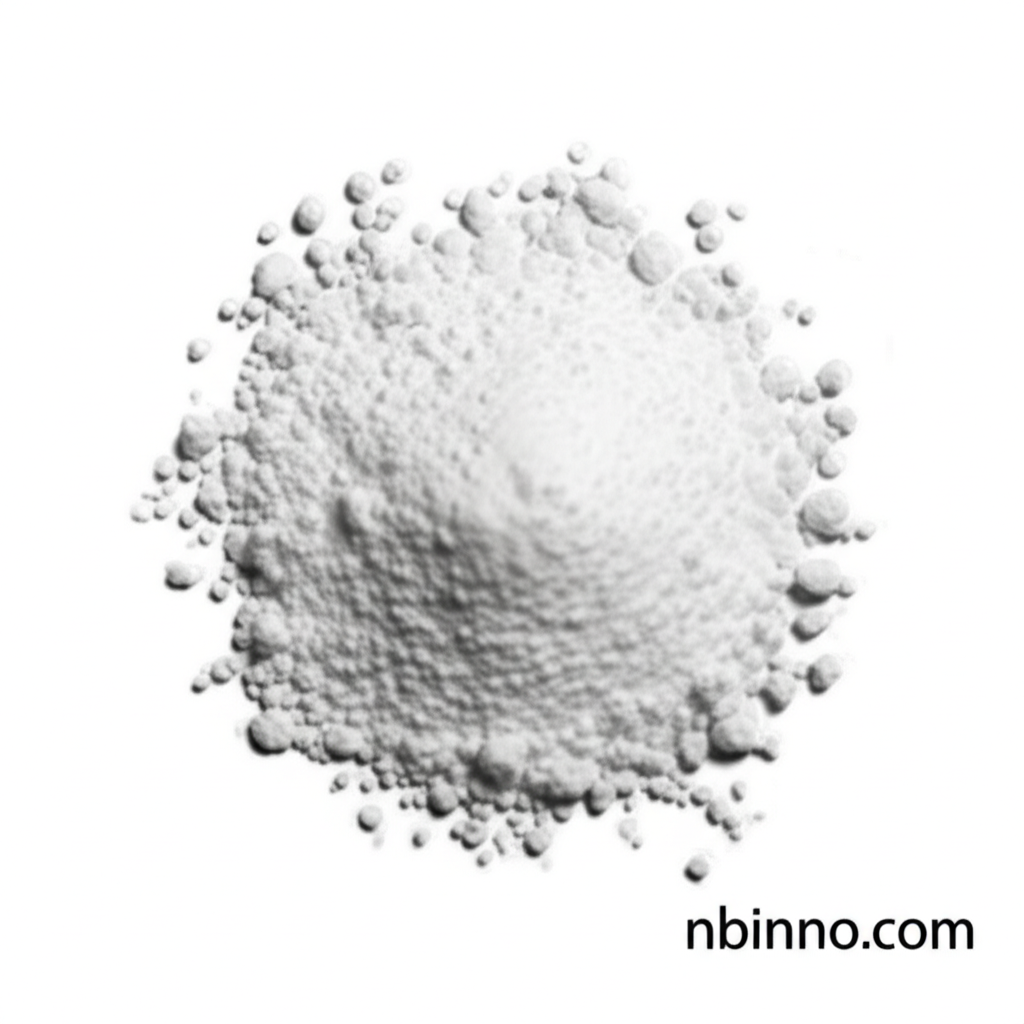Prilocaine Hydrochloride: Pharmaceutical Grade Powder Essentials
Discover the critical properties and applications of this key local anesthetic raw material.
Get a Quote & SampleProduct Core Value

Prilocaine Hydrochloride
Prilocaine Hydrochloride is a high-purity, white crystalline powder serving as a vital active pharmaceutical ingredient (API). It is primarily recognized for its efficacy as a local anesthetic, offering a reliable option for pain management in various medical and dental procedures.
- Investigate the crucial details of prilocaine hydrochloride CAS 1786-81-8 for your pharmaceutical needs.
- Explore options to buy raw material prilocaine hydrochloride from trusted suppliers.
- Understand the role of prilocaine hcl as a chemical intermediate in drug synthesis.
- Learn why this specific local anesthetic powder is a preferred choice for compounding pharmacies.
Key Advantages
High Purity and Quality
With an assay of typically $ge$99.0%, this pharmaceutical powder ensures consistent quality and reliable performance in formulations, a key aspect when sourcing prilocaine hydrochloride pharmaceutical powder.
Versatile Application
Its efficacy as a local anesthetic makes it suitable for dental anesthesia and dermal anesthesia, highlighting its broad utility among local anesthetic raw materials.
Low Cardiac Toxicity
Compared to some other anesthetics, prilocaine hydrochloride is noted for its lower cardiac toxicity, making it a safer choice for specific patient populations and intravenous regional anaesthesia.
Key Applications
Local Anesthesia
As a fundamental local anesthetic, prilocaine hydrochloride powder is essential for numbing specific areas, widely used in diverse medical interventions.
Dental Procedures
Commonly employed in dentistry, it provides effective anesthesia for various treatments, ensuring patient comfort during dental work.
Dermal Anesthesia
Its use extends to topical applications for skin anesthesia, often in combination with other agents for procedures requiring superficial pain relief.
Intravenous Regional Anesthesia (IVRA)
Due to its relatively low cardiac toxicity profile, prilocaine hydrochloride is a suitable agent for IVRA, a technique used for limb surgeries.
